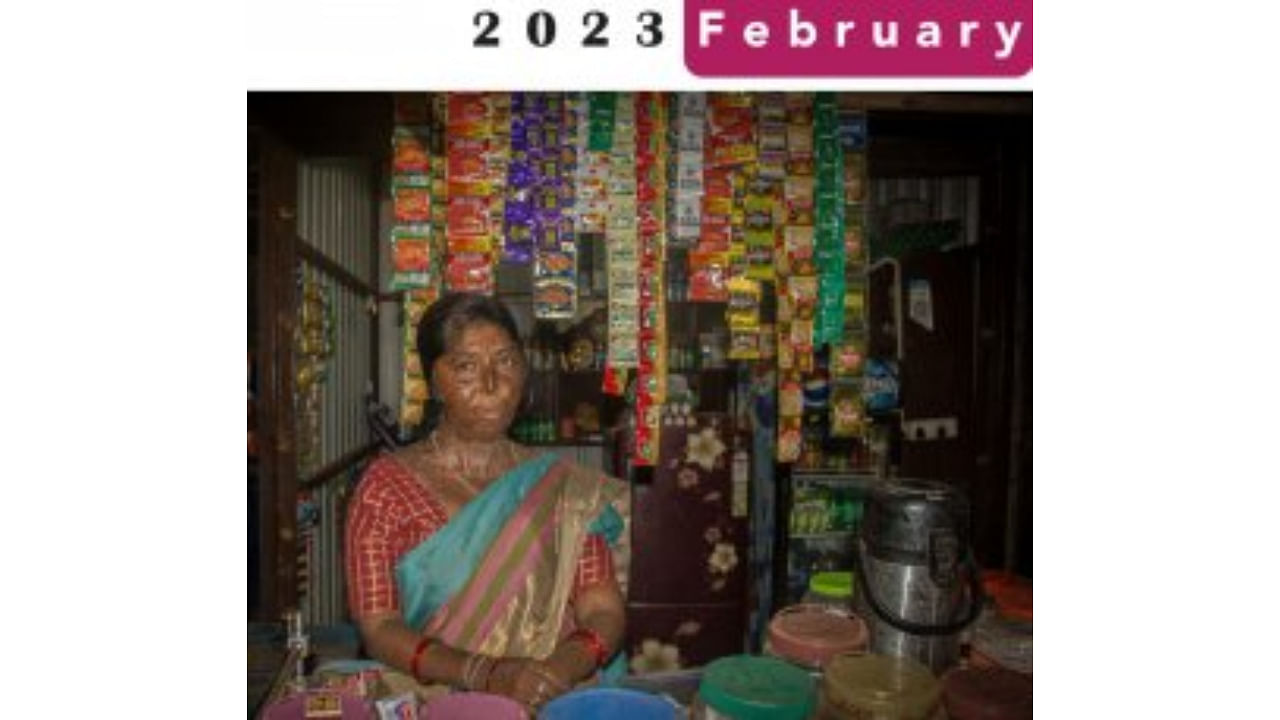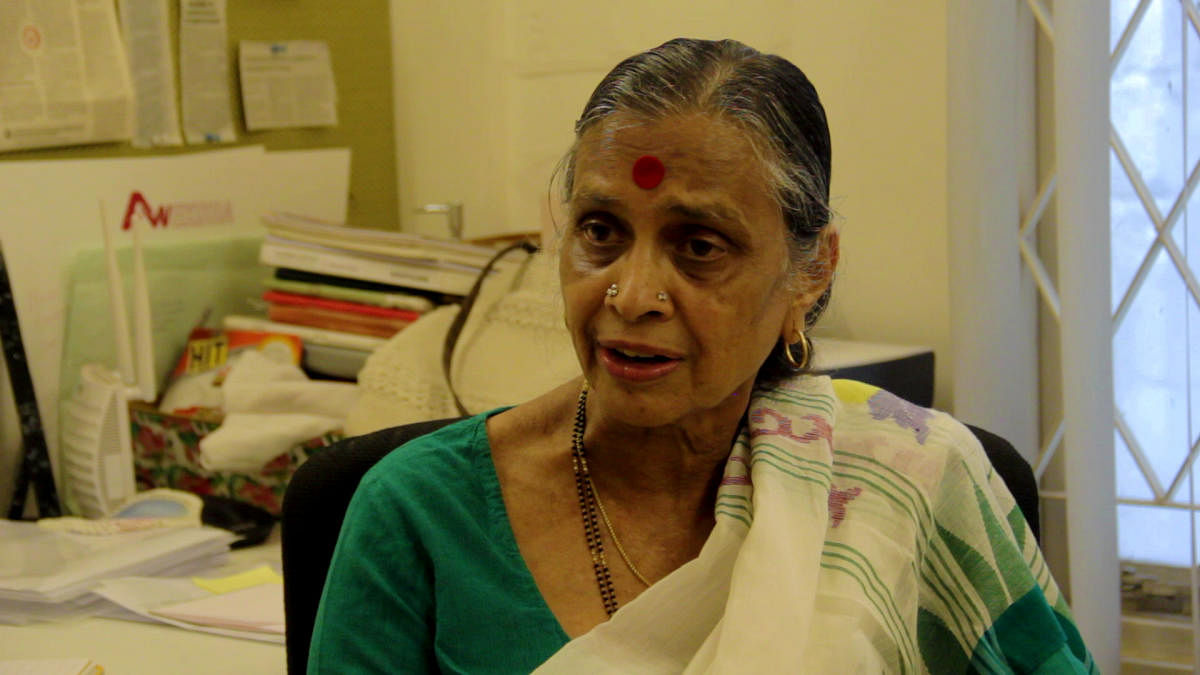

A New Year desktop calendar portraying women set on fire by husbands and in-laws or driven to self-immolation due to marital pressure has been released by NGO Aweksha and social work students at St Joseph’s University.
On the sidelines of the release event held recently, DH caught up with Aweksha’s founder-member and social activist Donna Fernandes to get answers for a few questions. Excerpts:
What prompted you to come out with a calendar of burn victims?
It is our long-time engagement with burns that prompted us to come out with the desktop calendar largely as part of our larger campaign efforts to shift the discourse from seeing it just as an accidental happening to one of criminalising the acts of burn attacks.
Burns survivors are women and they do not find work because they are not credit worthy and are denied access to opportunities to work, credit and other welfare schemes available under the disability act as they do not qualify as ‘persons with disability.’ This is a terrible discrimination.
What is the message you wish to send out of the real people who feature in the calendar?
The message that we want to send out is that burns attack survivors are human, too. Unlike other forms of disability, here we see an added aspect of disability that is disfigurement because of which they are shunned by family, relatives, and society. Our message is that burns attack women are victims of circumstances beyond their control and must be provided with all facilities available to people with disability.
Is it the first such initiative?
The initiative of profiling women burns survivors is the first time because these survivors are not seen as normal women breaking out of (stigma due to) their disfigurement and other disabilities — like scarred hands, face, bent ankles and joints, etc. The calendar is to bring a shift in the public perception that these are not stove burst and kitchen accidents but deliberate, pre-planned murders of women and women abetted suicides.
Are these victims compensated enough by the government? What more needs to be done?
No, not at all because of the perception that all burn cases are accidental or that women do it to themselves as an act of suicide. Unless this notion is challenged and changed, no government will either compensate or provide them with relief available under several schemes.
They are not even entitled because it is an accepted stand that the burning is not done to them, rather that they do it to themselves, which is a terribly, terribly erroneous perception. About 30 women are admitted every month and there is no burns policy that standardises burns treatment in a holistic manner.